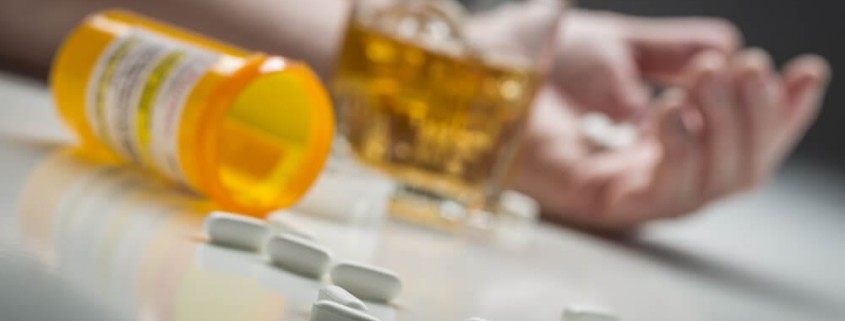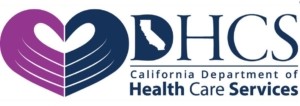Most Deadly Drug Combinations
Deadly Drug Combinations to Avoid at All Cost
Deadly drug combinations are substances that when mixed, can produce fatal results. Often as a result of effecting the same systems in the body, certain combinations of substances such as opioids and alcohol, alcohol and benzodiazepines, cocaine and alcohol, and heroin and cocaine can lead to overdose and death.
Known as polysubstance abuse, avoiding combining these substances can save lives.
According to a Centers for Disease Control and Prevention report for 2017, many drug overdose deaths are as a result of multiple drugs being abused at the same time.
These deaths are not reported as a result of polysubstance abuse but instead fall into a single category, making it difficult to determine the exact number of people who die from polysubstance abuse. The death toll from a drug overdose in 2017 was 70,237 in the United States.
If you or a loved one is in need of help with addiction, call 949.569.7517 today to speak with a treatment specialist.
Deadly drug combinations can quickly lead to acute symptoms and overdose. To help understand the various deadly drug combinations that are frequently mixed together by recreational users, we will look at the most frequently abused drug combinations.
Benzodiazepines and Alcohol
Alcohol is a depressant, like benzodiazepines, that can reduce anxiety and bring about a calming sensation. This is because they both affect the neurotransmitter known as GABA. The two substances also increase the neurotransmitter, dopamine. Dopamine can produce feelings of euphoria.
Benzodiazepines and alcohol are deadly drug combinations because they share similar effects. When combined, especially in high amounts, the effects that each has is compounded, which may have fatal results. The risk of overdose is dramatically increased.
Opioids and Alcohol
Opioids are classified as central nervous system depressants, as is alcohol. While the two substances may have vastly different effects on a person, the way in which the two interact with each other can result in a high chance of overdose.
It is common for people to use opioids including heroin and prescription pain relievers alongside alcohol. Since both work on similar systems in the body, the synergistic effects they have can be fatal.
Opioids alone can be very dangerous when abused, but when combining it with alcohol, there is a severe risk of overdose and death.
Alcohol and Cocaine
One of the most common substance abuse combinations is alcohol and cocaine. The main reason why many people abuse cocaine with alcohol is to increase the length of their cocaine ‘high’. Cocaine’s effects are usually limited to around 15 to 30 minutes, but with alcohol added, the effects of cocaine can last for an hour.
Some of the effects that are common for this type of polysubstance abuse include heightened aggression and violent behavior. The two substances create a new toxic compound when combined known as cocaethylene.
This chemical compound is cardiotoxic, which means that it has a negative effect on the cardiovascular system (heart and lungs). The effects of cocaethylene result in a high risk of heart problems such as cardiac arrest and a heart attack.
Cocaine and Heroin
Another of the common drugs that are abused together are cocaine and heroin, usually referred to as a “speedball”.
It is responsible for the loss of many American lives. The combined effects that the drugs have on the dopamine system increase the addictive nature of the substances.
As with alcohol and cocaine combinations, cocaine lasts longer due to the interplay between heroin and cocaine.
Furthermore, many users falsely believe that because cocaine counteracts the effects of heroin, that they can take higher doses of opioids. In many cases, the cause of death is listed as a heroin overdose.
In order to prevent an overdose from happening in the first place, take the time to contact us at Dana Point Rehab Campus by dialing 949.569.7517 to find clinical rehab programs that are ideal for defeating an addiction.








